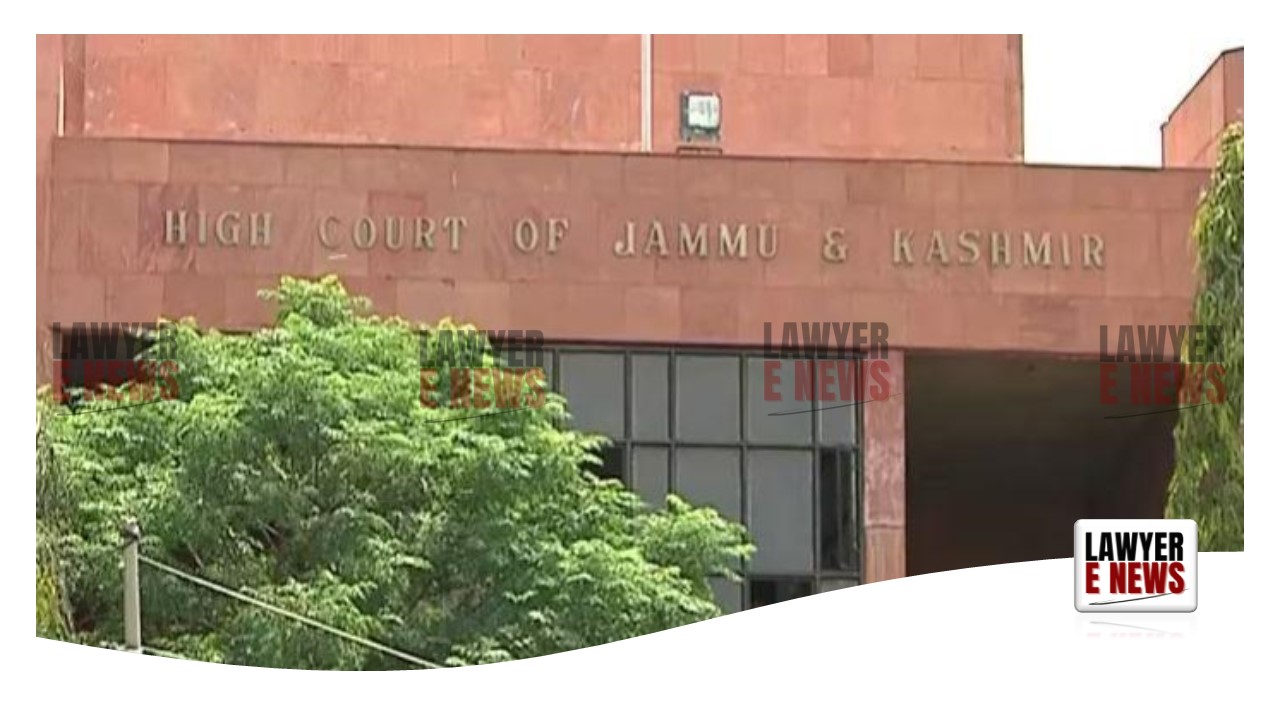-
by Admin
15 February 2026 5:35 AM



High Court of Jammu & Kashmir and Ladakh at Srinagar, in the case of Bilal Ahmad Lone v. UT of J&K & Others, CRM(M) No. 656/2023, granted bail to Bilal Ahmad Lone, an approver in a high-profile case involving the killing of three laborers. The petitioner invoked Section 482 of the Cr.P.C. to challenge the denial of bail by the lower court, arguing that his further incarceration would violate Article 21 of the Constitution of India.
The case originated on July 18, 2020, when a complaint was filed by Major Kush, Adjutant of the 62 RR, reporting an encounter in which three unidentified terrorists were neutralized. Following an investigation, the deceased were identified as laborers from District Rajouri who had no links to any terrorist organization. Captain Bopinder Singh, known as Major Bashir Khan of the 62 RR, along with two civilians, including Bilal Ahmad Lone, were implicated in the killing. While Bilal Ahmad Lone was arrested, he later agreed to become an approver and was tendered a pardon by the Chief Judicial Magistrate Shopian.
The primary legal issue was whether the court could grant bail to an approver during the trial despite Section 306(4)(b) of the Cr.P.C., which mandates detention until the termination of the trial. The petitioner contended that the section should be interpreted in line with Article 21 of the Constitution, arguing that prolonged incarceration after fulfilling the conditions of pardon would be unconstitutional.
Justice Sanjay Dhar observed that the provision in Section 306(4)(b) does not intend to punish the approver but to protect them from potential threats from co-accused. However, the court emphasized that the inherent powers under Section 482 of the Cr.P.C. empower the High Court to grant bail to an approver even before the trial concludes if exceptional and reasonable circumstances exist.
In this case, the petitioner had already made full and truthful disclosures, testifying twice against the accused, including before the Summary General Court Martial where the main accused was convicted. The court also considered the petitioner's medical condition and the nearing completion of the trial against the co-accused. Consequently, the court deemed it fit to grant bail, subject to certain conditions.
The High Court granted bail to Bilal Ahmad Lone, holding that an approver could be granted bail before the trial's conclusion in exceptional circumstances, thus upholding the principles of justice and the right to personal liberty enshrined in Article 21.
Date of Decision: September 13, 2024
Bilal Ahmad Lone v. UT of J&K & Others
